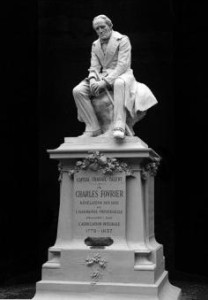Modernist Studies Association
University of Pittsburgh
6–9 November 2014
“Modernism @ Stunde Null: Lee Miller, Hannah Höch, and A Woman in Berlin”
This presentation is a part of a larger project on the intersection of literary and visual modernism with the “moment” of destruction that ended World War II: Stunde Null or Zero Hour. A range of modernist poets—Eliot, Pound, Williams, H.D., Breton, and later Olson, Plath, Duncan, and others—interrogated universal ethical and aesthetic values through this “moment.” In this presentation, I read the literary and visual testimony of three women caught up in the moment of destruction as witnesses, victims, or even perpetrators. Lee Miller’s war journalism, published in Vogue through the war, is complemented by the traumatic record and reparative work of her war and Holocaust photography. Hannah Höch, the dada painter and collagist, emerged from internal exile outside of Berlin to participate in the first modernist exhibitions in the destroyed city after Stunde Null; these early exhibitions set the stage for the recuperation of modernism after its banishment and humiliation under Nazism. Finally, the anonymously authored A Woman in Berlin, documenting the survival strategies necessary in a climate of mass sexual predation by Soviet troops immediately after the defeat, may be read in relation to search for or skepticism about universal values in modernism. In each case, writing or art not only add their testimony to history but posit and test new ways of being during and after the experience of trauma—they are prospective and retrospective.












